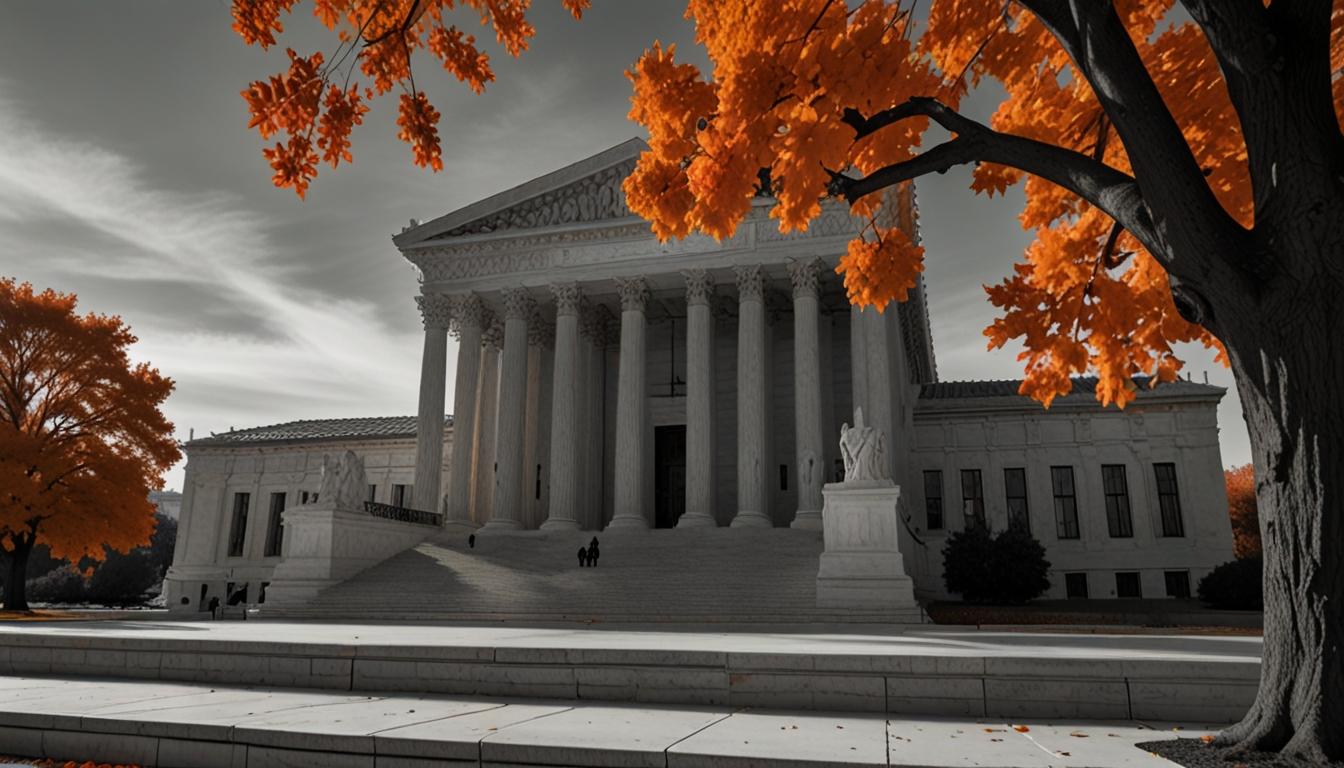The Supreme Court will revisit a 14-year-old lawsuit involving Holocaust survivors seeking compensation from Hungary for property confiscated during World War II. The case questions if the property seizure has enough U.S. commercial connection to proceed under the Foreign Sovereign Immunities Act.
Supreme Court to Revisit Holocaust Survivors’ Lawsuit Against Hungary
The U.S. Supreme Court will intervene for the second time in a 14-year-old lawsuit filed by Holocaust survivors seeking compensation from Hungary and its state-run railway for property confiscated during World War II. The case, originated by survivors and heirs of survivors, examines if the seizure of property has enough commercial connection to the U.S. to qualify for litigation under the Foreign Sovereign Immunities Act (FSIA). This act typically provides immunity to foreign governments but allows exceptions for severely unjust property takings.
The high court previously addressed similar issues in 2021, involving Germany in a dispute over the Guelph Treasure. The current appeal follows a lower court’s decision allowing the claims to proceed, despite a 2021 SCOTUS remand. Arguments are set for the fall session.













